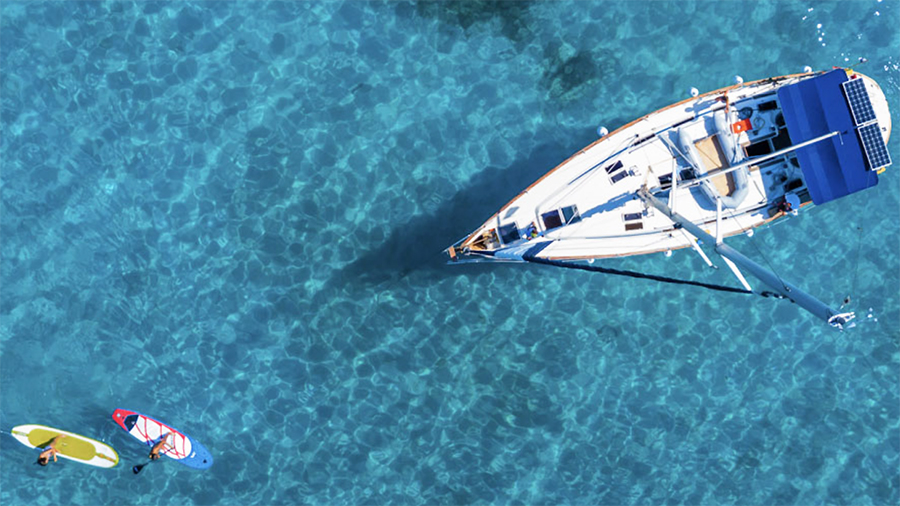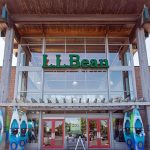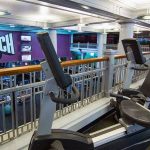West Marine, Inc. is in talks to secure additional funding from L Catterton, its owner, as it faces pressure from its lenders over its term loan, according to Bloomberg Law.
The report said the retailer had “been exploring options to help it address cash strains amid inflationary pressures, supply chain woes and rising interest rates.”
L Catterton acquired West Marine, which operates boating supply and fishing-focused stores, in 2021.
In January of 2016, Catterton, a consumer-focused private equity firm, LVMH, the world leader in high-quality products, and Groupe Arnault, the family holding company of Bernard Arnault, partnered to create L Catterton. The partnership combined Catterton’s existing North American and Latin American private equity operations with LVMH and Groupe Arnault’s existing European and Asian private equity and real estate operations, resulting in the largest, diversified consumer-dedicated private equity firm in the world.
In December 2022, Moody’s downgraded West Marine’s debt ratings and changed its outlook to negative from stable. To reflect West Marine’s material underperformance relative to Moody’s previous expectations due to supply chain challenges, increased costs, inflationary pressures, high fuel prices, and a late start to the season, driven by weaker weather, impacted boating and demand for the company’s products.
West Marine’s Q2 and Q3 peak seasonal quarters of 2022 were down significantly to the prior year, with Moody’s adjusted EBITDA declining more than 40 percent, according to Moody’s. The decline in EBITDA, combined with the increase in debt to fund the 2021 LBO, resulted in West Marine having high leverage.
Moody’s wrote, “The downgrade also reflects West Marine’s free cash flow deficits of more than $50 million over the LTM period ended October 1, 2022. West Marine’s sponsor, L Catterton, has been supportive and provided a $75.5 million incremental first lien term loan to support its liquidity, of which the company has borrowed $55 million. The sponsor also can increase its commitments from $75.5 million to $120 million per the first lien credit agreement. While Moody’s views the additional liquidity and sponsor support as a positive, the company will be entering its peak borrowing season and free cash flow generation is unlikely until Q2’23 and significant operational improvements are needed. West Marine also has $15M of borrowing base availability under its ABL, but Moody’s does not expect West Marine to borrow any further under the revolver given the covenant restrictions.”
Photo courtesy West Marine
















